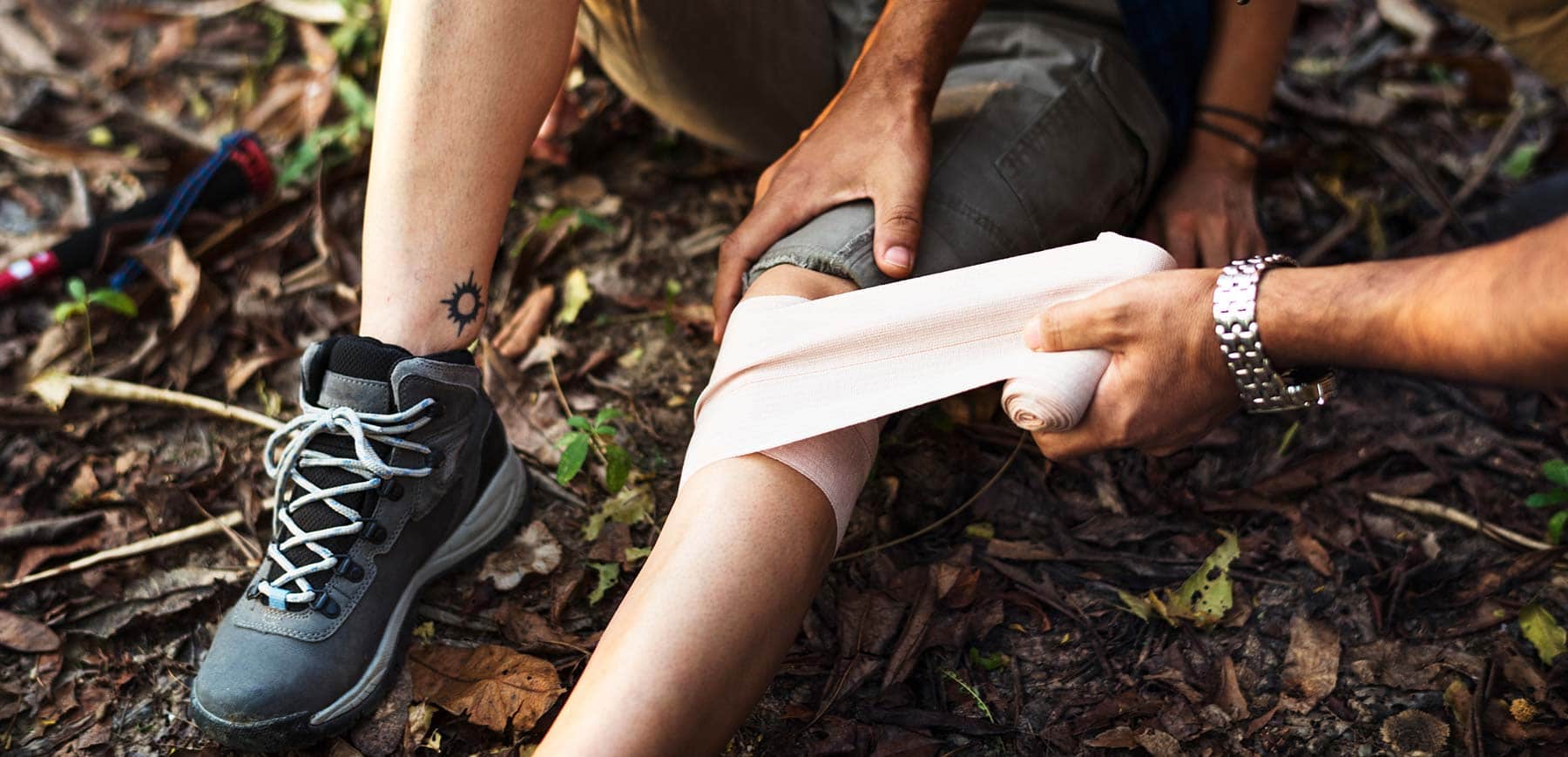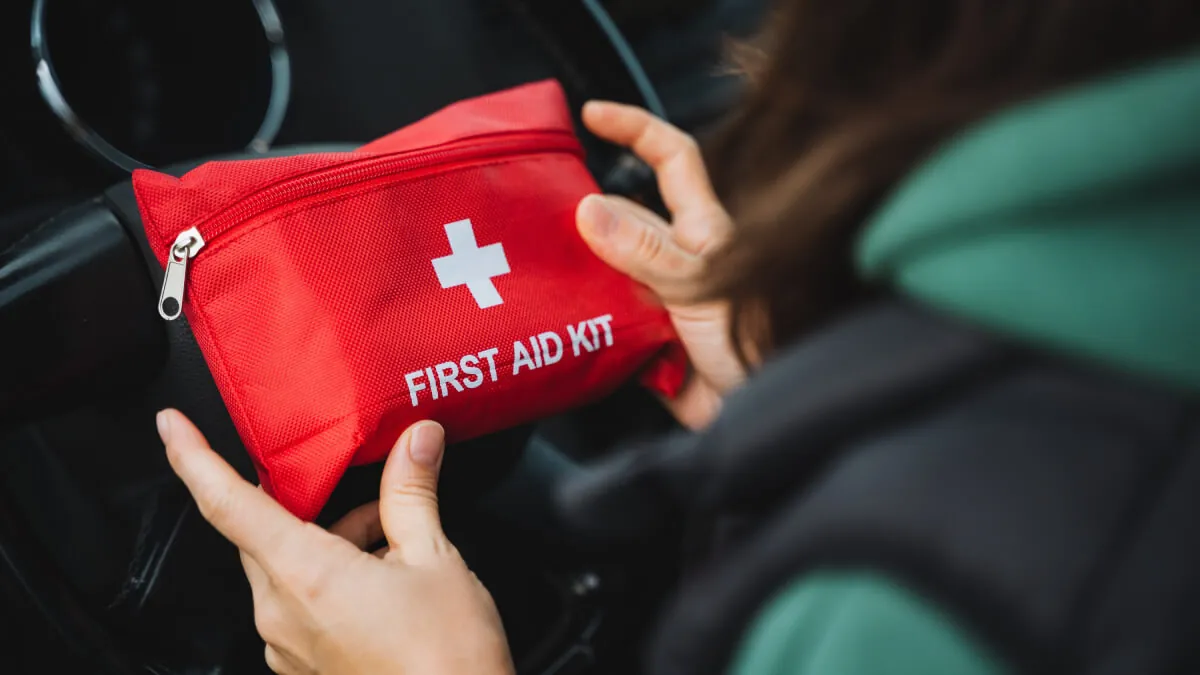Exploring nature is one of life’s greatest joys. Whether it is hiking rugged trails, camping under the stars, kayaking along quiet rivers, or cycling through remote landscapes, outdoor adventures bring excitement, challenge, and a strong sense of freedom. But stepping into the wilderness also means stepping away from immediate help. In the great outdoors, emergencies can arise unexpectedly, and your ability to respond quickly becomes essential. That is why completing a CPR first aid training Canberra course is one of the most valuable things an adventurer can do before heading off the beaten path.
Outdoor environments come with a unique set of risks. Uneven terrain, unpredictable weather, wildlife encounters, and physical exertion can lead to injuries ranging from minor scrapes to serious emergencies. With proper first aid preparation, you gain the skills, confidence, and mindset needed to keep yourself and others safe until professional assistance arrives.

Understanding Environmental Risks
A first aid course teaches you how to recognise and manage conditions commonly faced outdoors. Dehydration, heat exhaustion, hypothermia, insect bites, and sprains can happen at any time during an adventure. When you learn to identify early symptoms, you can take action before a situation becomes dangerous.
For example, knowing how to treat hypothermia during a sudden temperature drop or understanding the signs of heatstroke during a summer hike can prevent life-threatening outcomes. This situational awareness is one of the biggest advantages you gain from formal training.
Responding to Injuries in Remote Locations
In remote areas, waiting for emergency services may take longer than expected. A fall from a bike, a twisted ankle on a hiking trail, or a deep cut from camping gear requires immediate attention. When you learn first aid, you learn how to stabilise injuries, clean wounds properly, and give support in a way that eases pain and stops problems.
You also learn how to improvise with what you have. A jacket can become a sling, trekking poles can assist with immobilisation, and simple items from your backpack can help create a temporary bandage. These skills are invaluable when modern resources are far away.
Why CPR Skills Matter in the Outdoors
Cardiac emergencies can occur anywhere, even in nature. Strenuous physical activity, heat stress, or underlying health issues can trigger sudden complications. Enrolling in a program like CPR training Canberra ensures you know how to respond if someone collapses or stops breathing during an outdoor adventure.
CPR knowledge is especially important in isolated locations where ambulance arrival times are longer. The ability to perform chest compressions confidently and correctly can significantly increase someone’s chance of survival.
Supporting Your Adventure Group
Most outdoor experiences involve groups: friends, family members, sporting clubs, or guided tours. Being the person with first aid training adds value to the whole group’s safety. If someone gets injured or feels unwell, your calm response can prevent panic and help maintain order.
This leadership role also enhances your own confidence. When you know you can handle emergencies, you enjoy outdoor activities with greater peace of mind.

Earning Certification for More Advanced Adventures
Many organised outdoor programs, such as hiking tours, water sports, climbing groups, and wilderness camps, require participants to hold recognised safety qualifications. Obtaining a cpr certificate Canberra gives you official proof of your training and may be required if you volunteer, guide, or join adventure clubs.
Getting certified shows that you are responsible and ready for anything. It shows that you care about safety and are ready to handle situations.
Building the Right Mindset for the Wilderness
A first aid course does more than teach techniques. It cultivates a mindset of awareness, preparation, and quick decision-making. You learn to think logically during stressful moments, assess situations effectively, and act without hesitation.
Having this mental readiness makes outdoor experiences smoother and safer, especially when you face challenges such as injury, sudden weather changes, or unexpected hazards.
The Best Adventure Begins with Preparation
Outdoor adventures are rewarding, but preparation is the key to enjoying them fully. With first aid knowledge and CPR training, you gain skills that can protect your group and potentially save a life. By completing the right courses before heading out into nature, you ensure that every trek, paddle, or camping trip is not only exciting but also safe.










